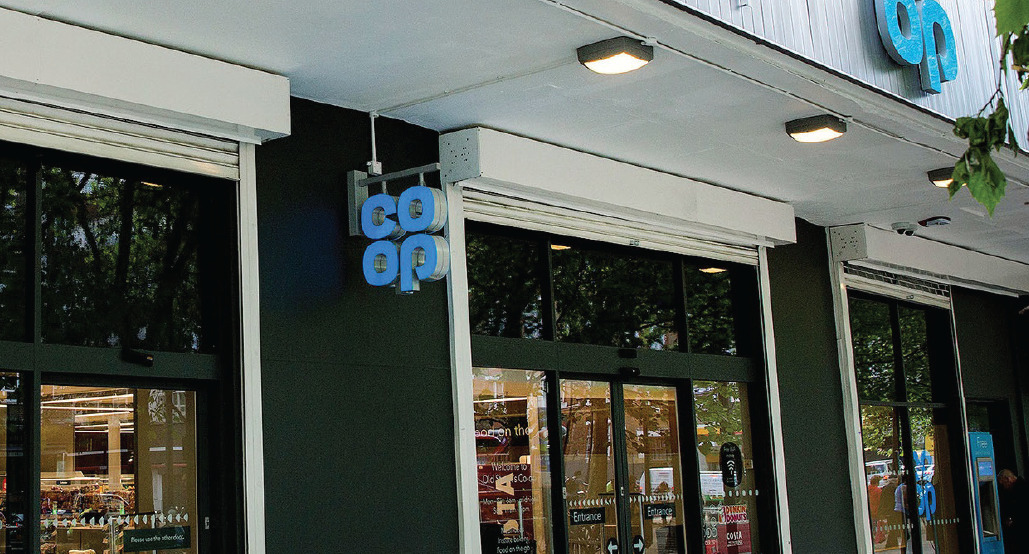Independent retailers are acquiring more stores from supermarkets that have been forced to sell their sites due to inflationary pressures.
Speaking to Better Retailing during the launch of Christie & Co’s 2022 Business Outlook last week, Steve Rodell, the commercial property company’s retail managing director, said sites of 2,000sq ft to 3,000sq ft had been sold to more independent retailers over the past year.
“The threshold for a successful store with Co-op and other large organisations is so much higher because their costs have gone up considerably.
“Wages have increased and utility bills will possibly rise by 50%,” he said.
“There are also supply-chain issues where everything costs more to pick. The list of things affected by inflation in the retail supply chain is endless. That’s why you’ll see a lot of churn.
Soaring energy costs will force retailers to close stores
“A lot of those sites are being soaked up by independent retailers. At the minute, we’re creating some decent-sized operators. Some of the stuff sold is probably more in the region of 2,000sq ft to 3,000sq ft stores.”
Explaining how retailers can succeed when taking on larger sites, Rodell added: “If you can maintain your sales, you’ll be okay. Customers vote with their feet when it comes to pricing.
“Convenience retailing has a much better profile than it did pre-Covid-19 because retailers have done a great job supporting their communities by offering services such as home deliveries to the elderly.
“The public also saw inside convenience stores they had never been into before.
“The number of deals we’ve been doing is phenomenal. In 2021, we completed 70% more than in 2019.”
EXCLUSIVE: Energy crisis ‘sharks’ are mis-selling utility contracts and costing retailers thousands
In Christie & Co’s 2022 Business Outlook, the company predicted the demand for retail stores would exceed the available properties alongside a consolidation of supermarket brands looking to enter the growing convenience market.
It also predicted forecourt retailers would likely diversify and add alternative services such as food to go and car washes to their sites.
Throughout the pandemic, the growth of the convenience market had also attracted more first-time buyers to the sector.
Commenting on whether this trend was continuing, Rodell said: “It’s tailed off a bit now, and we’ve returned to where we were previously.
EXCLUSIVE: First-time buyers flock to convenience stores in pandemic property boom
“Operators want to take on another store as growth in the market is more organic and not driven by the pandemic.”
However, Rodell warned retailers searching for new properties to consider the impending removal of Covid-19 business rates relief.
“The life-support system will be taken away, and this, alongside inflationary costs, will be a shock to the system. It could catch people by surprise,” he said.
Read more Industry news



Comments
This article doesn't have any comments yet, be the first!